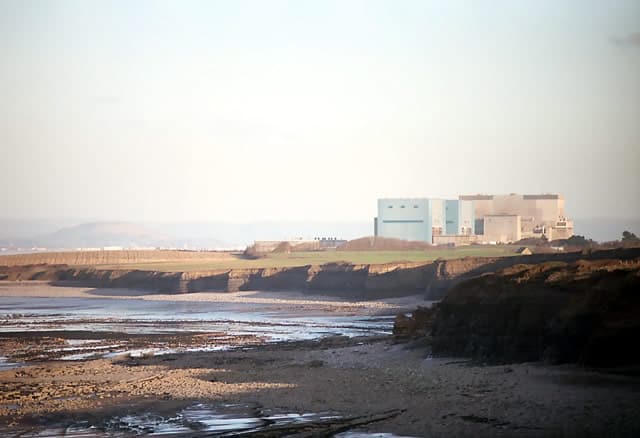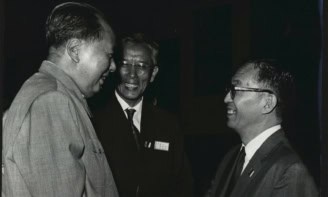
By Hamish Johnston
What will soon be the most expensive object on Earth? The answer, according to Greenpeace, is the Hinkley Point C nuclear power station that is slated for construction in south-west England. According to the BBC, the environmental group reckons the station will cost £24bn ($35bn) whereas EDF – the company that will build it – puts the construction cost at £18bn. In contrast, the Large Hadron Collider at CERN cost a mere £4bn. While the price tag on Hinkley Point C – which should produce 3.2 GW of electricity by 2024 – is eye watering, building a reactor on the cheap is not really an option.
Still, Hinkley Point C will not be the most expensive object ever built by humans. That honour goes to the International Space Station, which the BBC says cost nearly £78bn. There’s something comforting in knowing that the single highest expenditure ever has been on science – maybe civilization isn’t doomed after all.
“Publish or perish” is a phrase familiar to all academic physicists and reflects the pressure on researchers to compete for funding by publishing lots of papers, often at the expense of teaching or other university responsibilities. Over on A Quantum Diaries Survivor, particle physicist and veteran blogger Tommaso Dorigo looks back at his publishing output as he passes the 1000-paper milestone – at least in terms of papers on which he is listed as an author.
Dorigo has spent much of his career working on huge collaborations such as CMS at CERN and CDF at Fermilab, and in his blog he points out that he reviewed about 25% of those papers. He also says that he has scrutinized the results published in about 40 papers and was involved with the editing of more than 40. How many did he write himself? You will have to read “The number of my publications has four digits” to find out.
Some physicists love writing papers, and here’s a nice story on Twitter about a student who looks set to light up the literature. It’s by Robert McNees at Loyola University in Chicago who chided a student for delivering his homework assignments on extra-long sheets of paper. “Use regular size paper. You’re not writing the Magna Carta,” jibed McNees. Well, you can guess what happened next.



